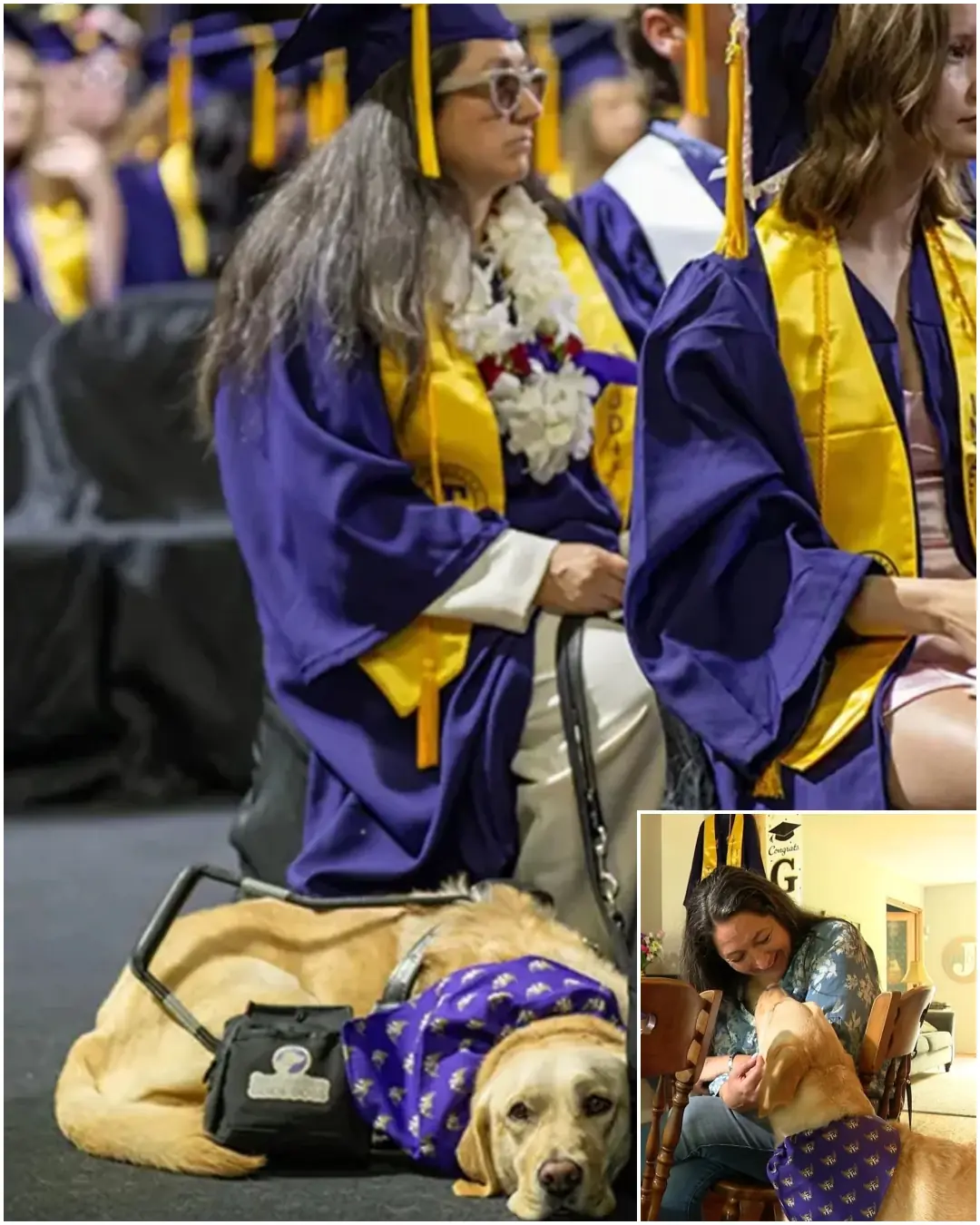
Queen Bess: The Woman Who Refused to Stay on the Ground.
Queen Bess: The Woman Who Refused to Stay on the Ground
In the 1920s, when aviation was still in its infancy and opportunities for women—especially women of color—were scarce, Bessie Coleman rose above every barrier. Known as Queen Bess, she became the first African American woman and the first Native American woman to earn a pilot’s license. Her determination to fly was not just about breaking records—it was about breaking boundaries.
A Dream Against All Odds
-
Born in 1892 in Texas, Bessie grew up in poverty, working in cotton fields and facing systemic racism.
-
Inspired by stories of World War I pilots, she dreamed of flying, but no American flight school would accept her because of her race and gender.
-
Undeterred, she learned French, traveled to Paris, and in 1921 earned her international pilot’s license from the Fédération Aéronautique Internationale.
The Rise of Queen Bess
Coleman returned to the United States as a sensation. She performed daring stunts at airshows, dazzling crowds with loops, barrel rolls, and figure-eights. Her courage earned her the nickname Queen Bess. But she wasn’t just an entertainer—she used her fame to inspire African Americans and women to pursue aviation, insisting that the sky belonged to everyone.
A Legacy Written in the Sky
Tragically, Bessie’s life was cut short in 1926 when she died in a plane accident during a rehearsal flight. Yet her legacy endures. She paved the way for future generations of aviators, proving that determination can lift us above prejudice and limitation.
Today, schools, aviation clubs, and scholarships bear her name. Every time a young pilot takes to the skies, they carry a piece of Queen Bess’s dream with them.
News in the same category

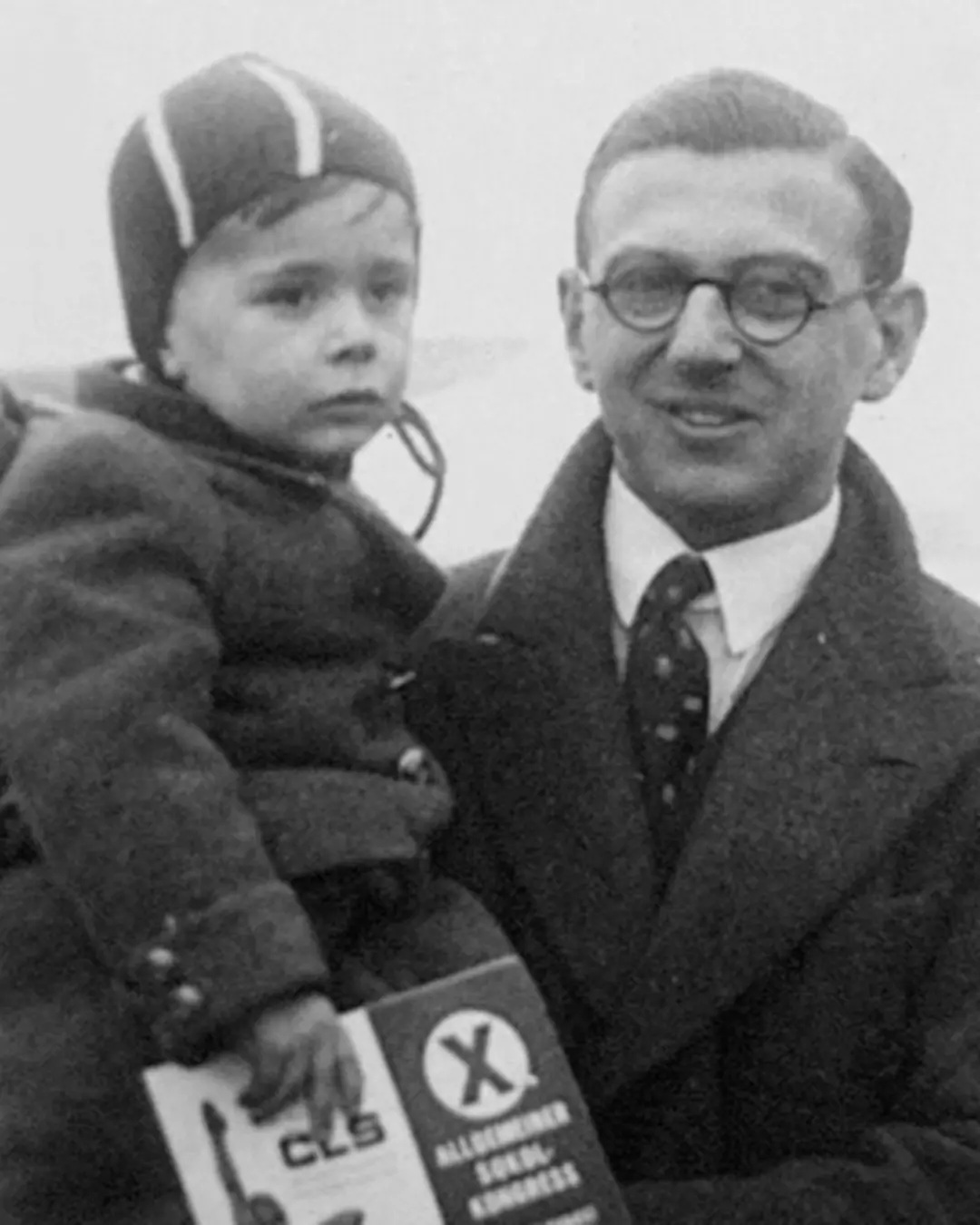
The Man Who Saved Children in Silence.
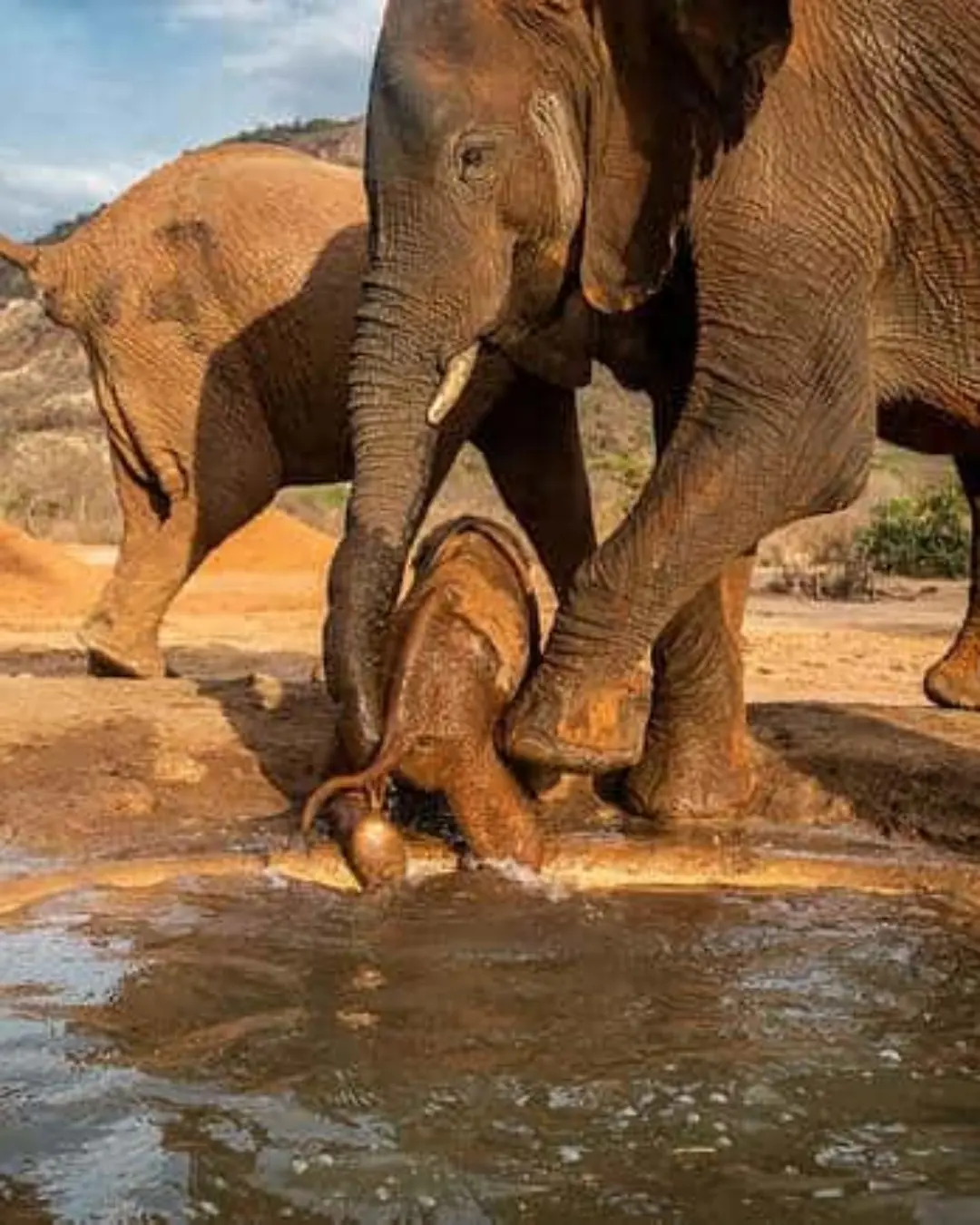
Makena’s Last Journey: A Mother’s Love in the Heart of Tsavo.

Capri’s Awakening: The Little Foal Who Forgot How to Join the World.

The Day a Cheetah Looked a Man in the Eyes — and Changed How We See the Wild Forever.
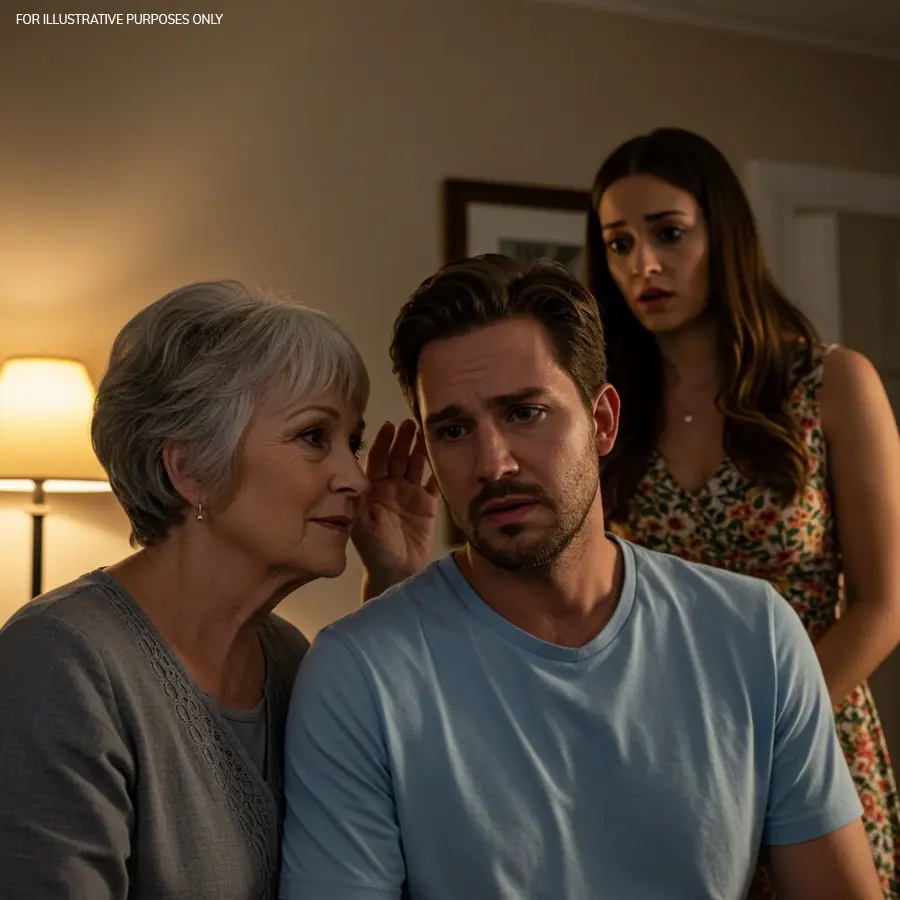
I Didn't Tell My Husband's Family I Speak Their Language, and It Helped Me Uncover a Sh0cking Secret About My Child
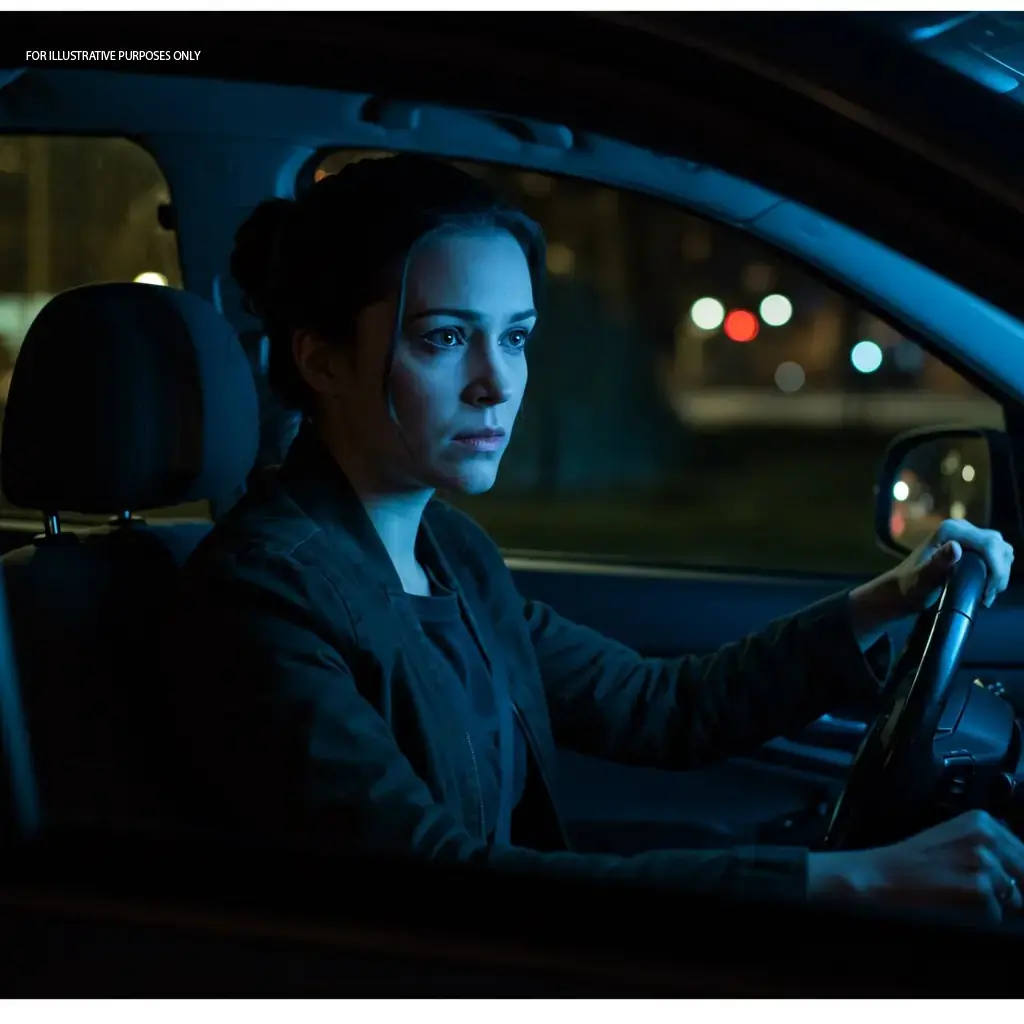
How I Exp0sed My Husband’s Li es: A Cheating Anniversary He'll Never Forget
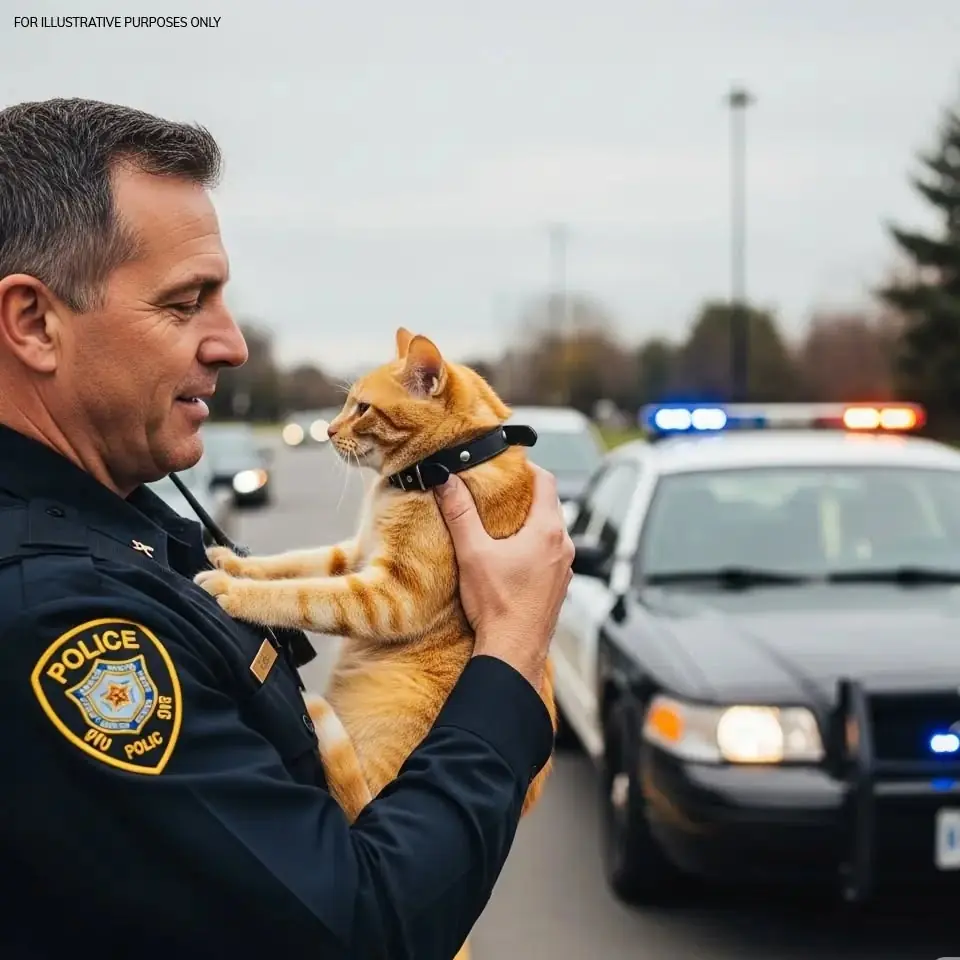
THE CAT THAT BR0KE ALL THE RULES: A POLICE OFFICER'S UNEXPECTED MISSION

Girl Abandoned By Parents For Her Looks Wants To Prove The World Wrong – Now She Models For Vogue

Angus T. Jones, Who Played Jake Harper, Left The Show “Two And A Half Men” 9 Years Ago – This Is Him Today

Everything Diane Keaton Revealed About Her Health Before Her Death At 79

My 3-Year-Old Begged Me Not To Take Him To Daycare—What I Found Inside Left Me Shaking

Man Says Goodbye To His Wife As They Took Her Off Life Support, But Then She Utters 5 Words

‘Ghost Boy’ Martin Pistorius Wakes After 12 Years, Reveals He Was Aware All Along

Man Isolates Himself From Society For Over 25 Years. What He Does Is Beyond Belief
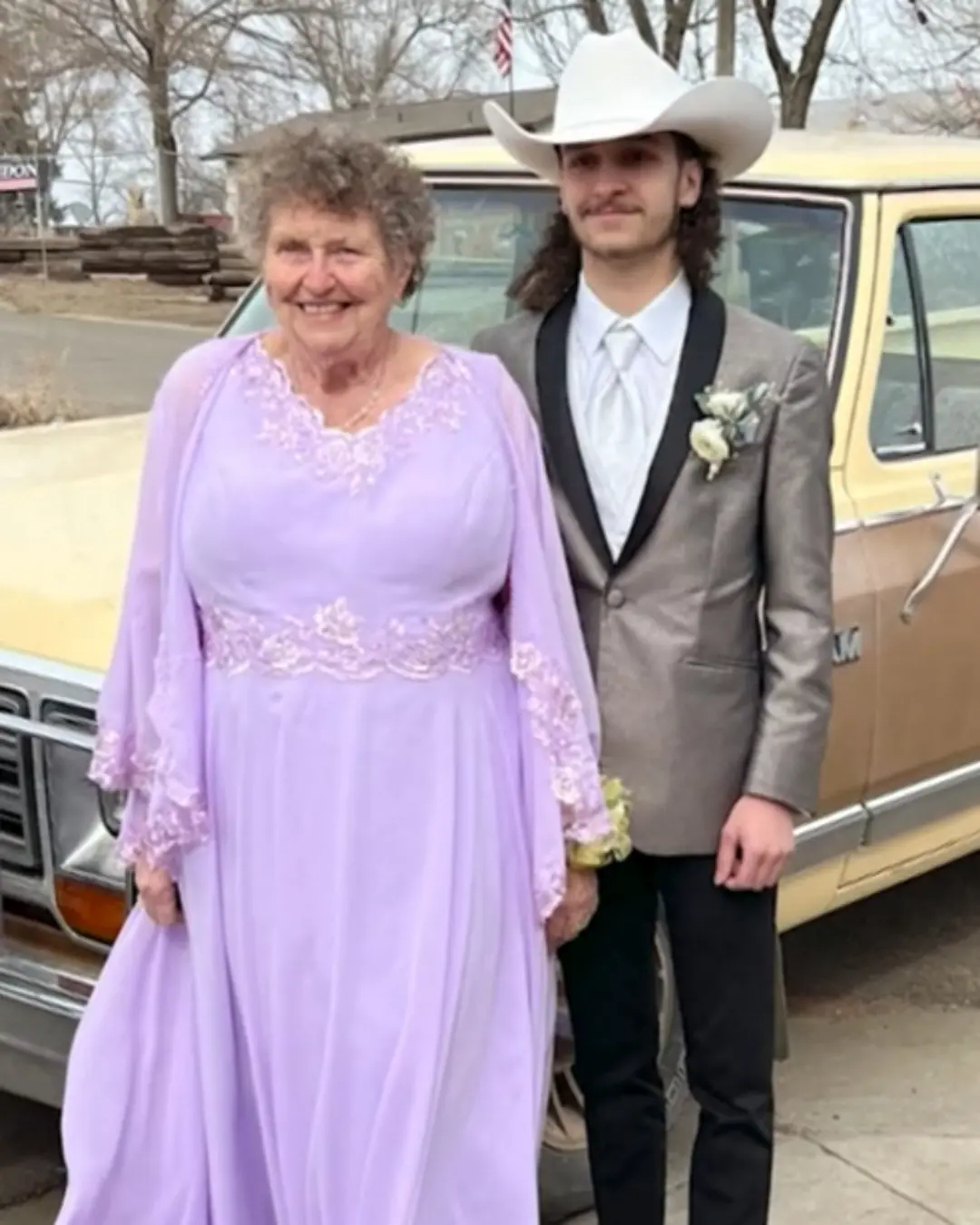
A Prom Night 76 Years in the Making.

A Song for a Hero: When Children Honored a Veteran in His Final Days.
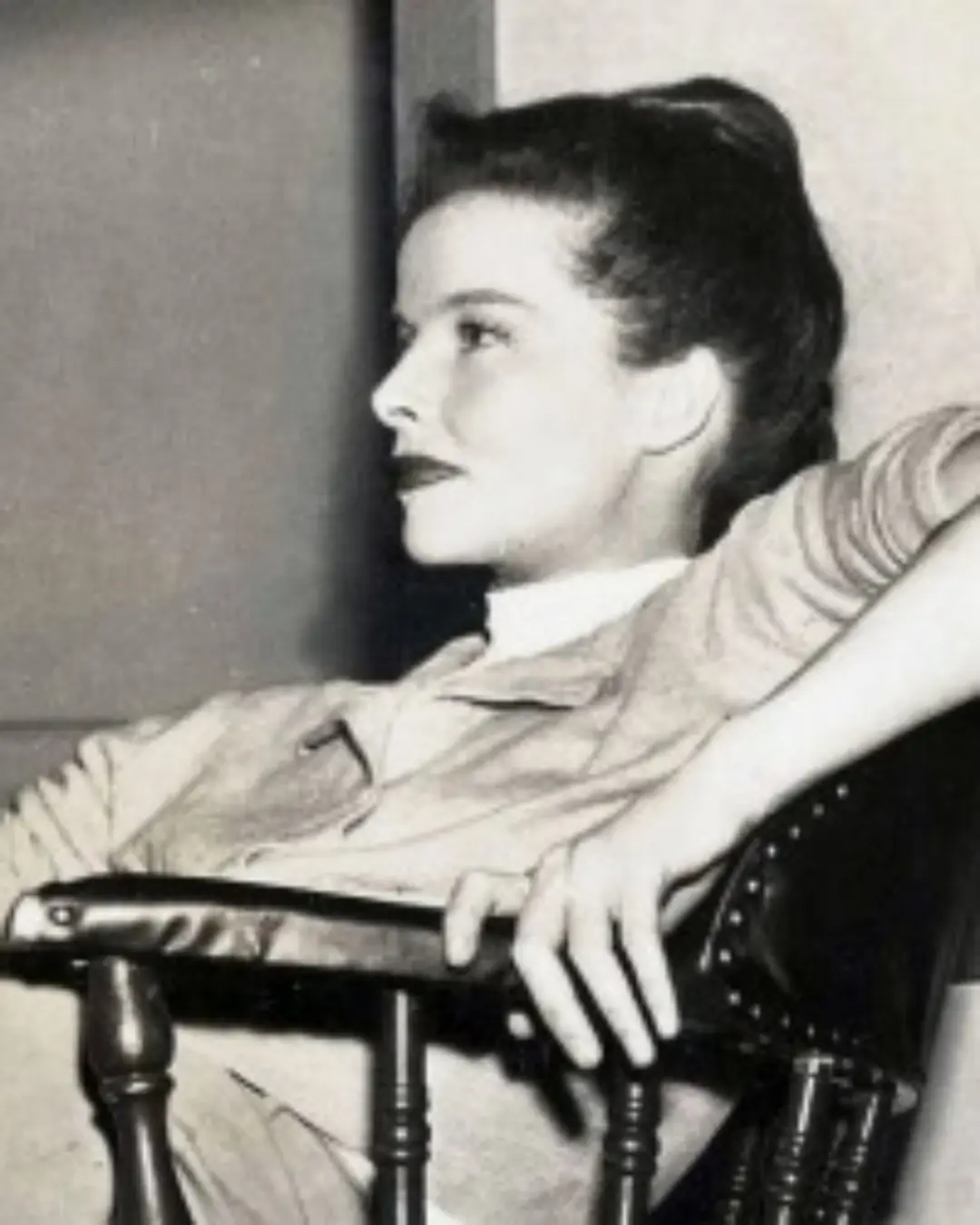
The Night We Didn’t See the Circus.

Against the Flood: Chloe and Sandy’s Fight to Survive.
News Post

The Woman Who Walked Into the Light — Even After Losing Her Sight.

The Man Who Saved Children in Silence.

Makena’s Last Journey: A Mother’s Love in the Heart of Tsavo.

Capri’s Awakening: The Little Foal Who Forgot How to Join the World.

The Day a Cheetah Looked a Man in the Eyes — and Changed How We See the Wild Forever.

I Didn't Tell My Husband's Family I Speak Their Language, and It Helped Me Uncover a Sh0cking Secret About My Child

How I Exp0sed My Husband’s Li es: A Cheating Anniversary He'll Never Forget

THE CAT THAT BR0KE ALL THE RULES: A POLICE OFFICER'S UNEXPECTED MISSION

Mullein: Exploring the Benefits of Leaves, Flowers, and Roots

Airport X-Ray Scanners Upgrade: Shocking Level of Details

From White Hair to Naturally Darker Hair: Fast Home Remedies & Growth Tips

Teen told he just had ‘growing pains’ dies day after diagnosis

7 Ways To Use Vaseline For Wrinkle Free, Flawless Skin

EVERYTHING JAMES FRANCO SAID ABOUT BEING ‘CAST OUT’ FROM HOLLYWOOD DURING HIATUS

The #1 seed that makes bones & muscles strong—how to use it!

14 Warning Signs of Low Magnesium Levels and What to Do About It (Science Based)

Strictly Come Dancing star eliminated from competition on their birthday

Top 10 Foods to Heal Knee Pain and Boost Cartilage Naturally
